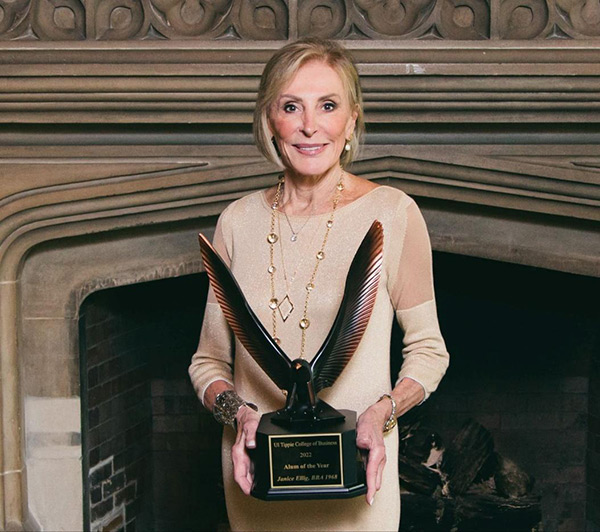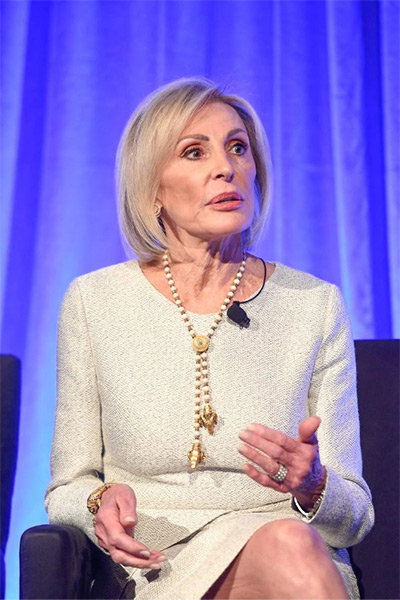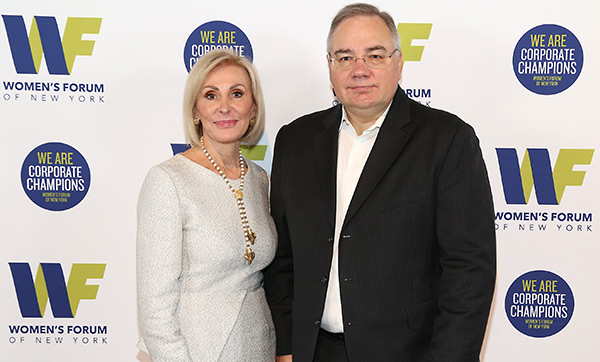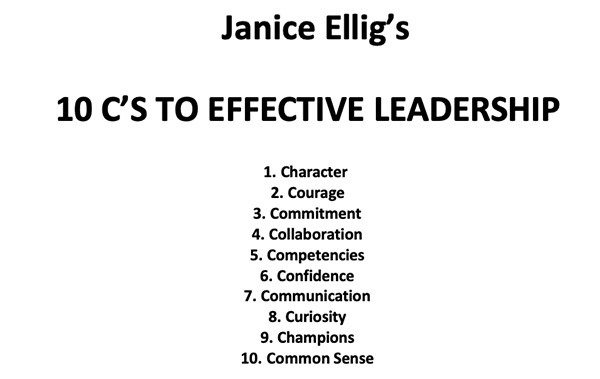A leading executive search CEO discusses the qualities and skills manufacturing executives need to thrive in today’s evolving climate.

Q: Can you give us a brief history of your experience specifically in the manufacturing industry?
JRE: Ellig Group is a legacy company of Gould McCoy which was founded in 1977, 45 years ago. The founders at that time did assignments for many industrial companies in the manufacturing space. Some clients back then have merged or are no longer in business. Executive search placements in the early ‘80s by legacy founders Bill Gould and Millie McCoy were vastly different from the executives we place today.
And of course, the history of manufacturing for many centuries was a manual operation where a single artisan, with assistants, and each artisan kept the secrets of their production, known only to their apprentices. The dawn of mechanical manufacturing can be linked to the first industrial revolution about the end of the 18th century with the 2nd revolution coming about with the mass production assembly lines, followed by the third industrial revolution in the 1970s with the advent of computers, Information technology, and automated industrial processes. The term industry 4.0, the 4th Industrial Revolution was coined in 2011 with data-rich interconnections called smart manufacturing. These Technological advancements led to mass production while improving overall efficiency and productivity. Today smart manufacturing has been transformed by digitization.

Q: What are some unique challenges leaders face in the manufacturing industry?
JRE: Today digitization must occur at all levels of the manufacturing process. Through machine learning, AI, robotics, and the connectivity of these processes, manufacturers make immediate changes to their business models. We are in the fourth industrial revolution with robotics, 3D printing, cloud, AI, and the Internet of things, which has created exponential innovation. This is the complete flow of things from the design of the product to the supply chain, production, distribution, and finally the sale. In this Age of Digitization, starting on the factory floor, the proliferation of IoT is sending continuous streams of data to the cloud for analysis where through machine learning, manufacturers are able to use more accurate and predictive data to self-diagnose and warn of possible failures. The synthesis of this data drives improved manufacturing processes and better bottom lines.
Q: As the head of a leading Executive Search Firm what qualities do you look for in candidates for a manufacturing executive role?
JRE: There is no question that there is a new age of leaders in manufacturing who must know how to forge a new path in merging the physical world and the digital world. It is where input and feedback loops provide insights to adapt the algorithms to optimize and continually refine and optimize factory floor operations. These leaders have skills that were not part of the fabric of an organization prior to IoT. These leaders must be tech-savvy and understand the complexity of data and how it will drive more efficiencies. These are leaders of leaders, as all are experts in their respective fields. These leaders are great listeners and synthesizers of information and data from other sources. They know that the assembly line is not linear any longer; it is fully integrated and constantly refined based on the data feedback being received; and the interdependency of the collective group of experts is what is driving “smart manufacturing.”

Q: When hiring a new board member, what are some of the skills and backgrounds you look for?
JRE: As with any board, each seat around that boardroom table is a unique piece of real estate where the individuals add substantive expertise for the board on which they serve. Each board member must provide relevant industry knowledge, go-to-market expertise, global, financial, and business strategic thinking that will propel the organization forward on the right path. It is the individual and collective portfolio of the board of directors that will add value to any company in its space, be it manufacturing or another sector. Each company requires an in-depth analysis of the expertise on the board today and what is needed for future growth.

Listen to the Podcast:
PRESERVING THE PLANET: THE POWER OF PEOPLE & PRODUCTS
Q: Who are some of the most innovative leaders in the manufacturing space? What has been your past experience with them?
JRE: Mary Barra stands out as one of the most remarkable leaders in manufacturing. The accomplishments of her career are many with the pandemic being an extraordinary pivot to reconfiguring the GM factories to produce the much-needed ventilators, to now reconfiguring the production of electric vehicles. Beyond production innovations, Mary has been a culture carrier, listening to ideas from her front-line workers, building stronger communities to ensuring DEI is in the DNA of GM. My own interactions with her have been her participation as a speaker several times at the Women’s Forum of NY Breakfast of Corporate Champions. Mary uses her voice on the importance of gender parity on corporate boards, as well as being honored with the Muriel Siebert Gender Parity Award. Mary had been front and center at this biennial event several times to demonstrate that gender parity is a business imperative and diversity overall is critically important for employees, customers, communities, and investors.

Q: What advice would you give to a CEO looking to fill a challenging position within the company?
JRE: Choose wisely. There are 10 C’s we emphasize in evaluating executives for key positions and it starts with great Character and integrity for there is no substitute for that strong moral compass at the top of any organization.

Janice Ellig is CEO of New York City-based executive search firm Ellig Group. Heralded by Bloomberg Businessweek as one of “The World’s Most Influential Headhunters,” Janice is often consulted for her expertise and her commitment to gender parity, inclusion, and diversity.
From tradition to transformation Sequoia Brass & Copper has stood for excellence in American manufacturing. In this episode, we sit down with Kim MacFarlane, President of Sequoia Brass & Copper, to hear the inspiring story of a family-owned company founded by her father, built on craftsmanship, trust, and a relentless commitment to quality. Kim shares how she’s guided the company through the challenges of modern industry while honoring its heritage, and how the next chapter will be carried forward by her son Kyle. This is more than a story of brass and copper; it’s about resilience, innovation, and the enduring strength of family legacy. If you’ve ever wondered how tradition can meet the demands of today’s industry hit play and be inspired.